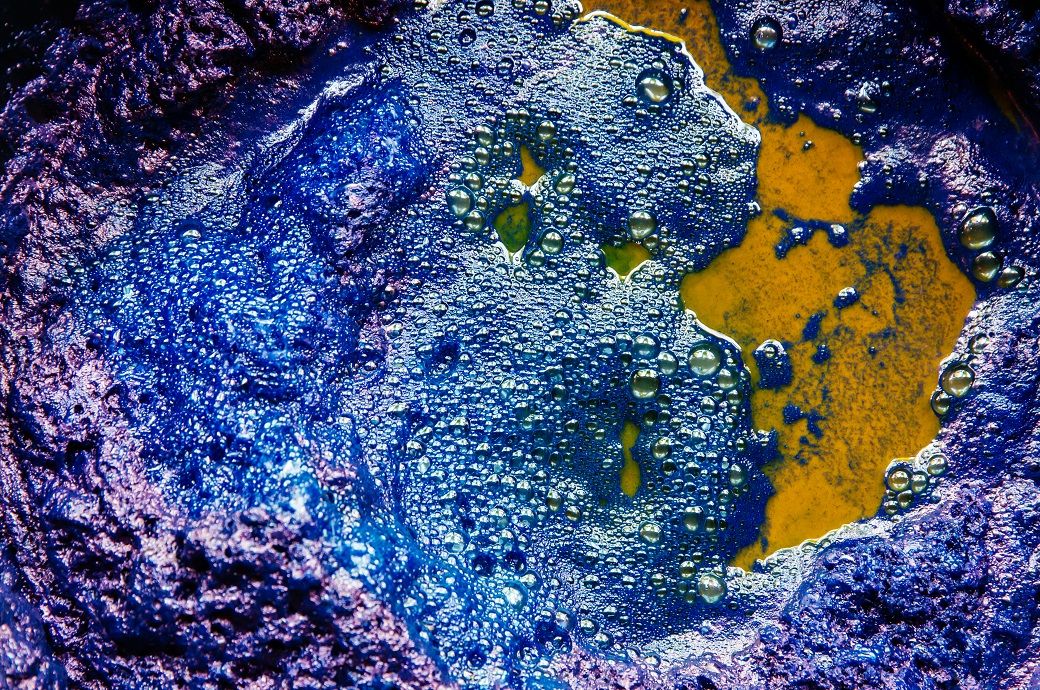The textile industry is dealing with the issue of water scarcity in a variety of ways, including initiatives such as using waterless dyeing, which is frequently employed in the denim industry, said Jean Hegedus, The LYCRA Company’s director of sustainability, in a recent interview with Fibre2Fashion. Other methods used are recycling process water, making infrastructure improvements to ensure water use is minimised, and treating wastewater onsite to allow for recycling.She also highlighted an exciting project that LYCRA is developing—a bio-derived LYCRA fibre made predominantly from field or dent corn. “We are partnering with a company called Qore, which is building a plant in Iowa, in the US, to produce the bio-derived ingredient. We expect to launch this product in the fourth quarter of the next year,” she told F2F.
Hegedus enumerated several key advantages of the bio-derived LYCRA fibre. She pointed out that the product was not only renewable and available at scale but also resulted in a significant reduction of up to 44 per cent in carbon emissions. Moreover, she affirmed that the final product offered a performance on par with the original LYCRA fibre.
The LYCRA Company's Jean Hegedus shared how the textile industry tackles water scarcity through measures like waterless dyeing, process water recycling, and onsite wastewater treatment.
She also disclosed a project developing a bio-derived LYCRA fibre primarily from corn.
The new fibre is renewable, scalable, and significantly reduces carbon emissions.
Click here to read the full interview.
Fibre2Fashion News Desk (NB)
